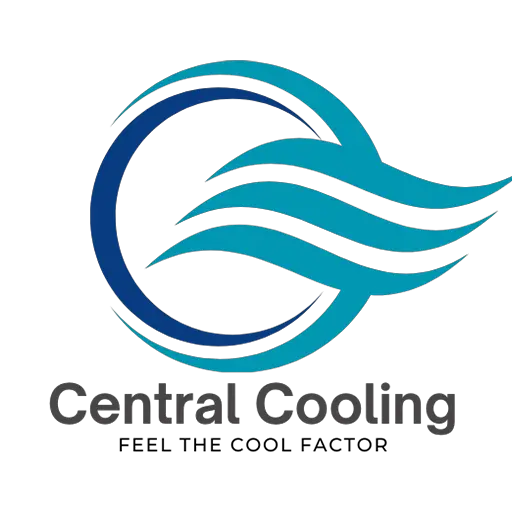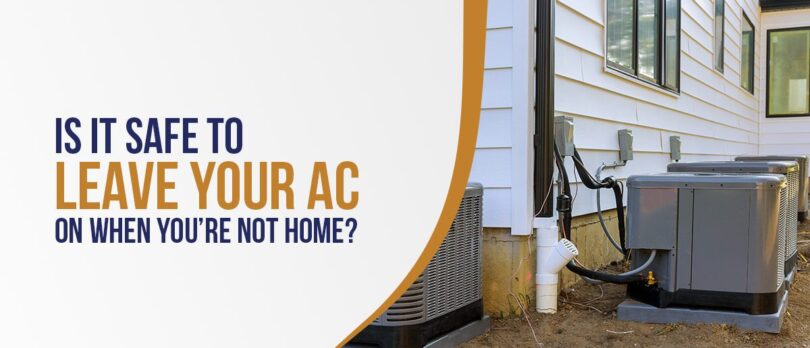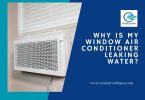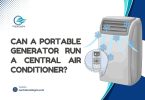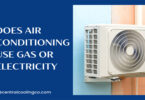Introduction:
Maintaining optimal energy efficiency for your air conditioning system is essential, and there’s a common misconception regarding whether to leave it on or turn it off when you’re not at home. Contrary to popular belief, safe to leave your AC on when you’re not home can have benefits in terms of preventing damage and optimizing energy consumption.
Common Concerns
Concerns about wasting money when the air conditioner is running in an unoccupied home are often rooted in a myth that has persisted for years. However, the truth is that turning off the unit while you’re away may not necessarily save you money and can even lead to increased costs.
Leaving your air conditioning system on when you’re not at home can prevent damage caused by excessive heat buildup inside the ducts or the house. This continuous operation also helps avoid issues related to breakers tripping and motors burning out, which may occur if the AC cycles on and off frequently during hot periods.
Energy Efficiency
Running your AC continuously at a comfortable temperature is energy-efficient, as it uses less power compared to frequent starts and stops. Most cooling systems come equipped with an energy-efficient feature that automatically turns off the fan after reaching the desired cooling level, eliminating the need to restart appliances later.
To save energy costs, consider using a timer to control your air conditioner, allowing it to run when needed and turning it off during periods of inactivity. This approach prevents unnecessary energy consumption and expenses, especially when you’re not using the system.
Common Myths
Addressing the myth that setting the air-conditioning unit to ‘automatic’ may damage it or increase power bills, it’s essential to understand that the associated costs are minimal. Programming the timer typically incurs only a small monthly expense, significantly less than daily habits like leaving electronic devices plugged in.
If you’re unsure about the operation and efficiency of your air-conditioning unit, seek advice from professionals like HVAC service technicians. It is generally recommended to keep the cooling system on during peak heat periods when you’re away from home. Consulting experts can provide valuable insights into usage patterns and potential energy savings.
Dispelling Myths:
Various factors contribute to the misconception of turning off air conditioners when not in use. Some believe it’s a safety feature to prevent damage from excess humidity and strain on the system, but continuous operation is not only safe but also cost-effective.
Setting your air conditioning unit to a higher temperature before leaving can save energy without compromising comfort. Central air units only consume more electricity when set to higher temperatures, emphasizing the importance of programming settings before leaving home.
During periods of high humidity and excessive heat, turning off your central air conditioning system may lead to potential damage when it restarts. Avoiding unnecessary strain on the compressor and other components is crucial during such conditions.
Conclusion:
For reliable heating and cooling maintenance services, consider reaching out to experts. Ensuring your system operates efficiently, even when you’re away, is crucial for optimizing energy usage. If you have questions or concerns about your air conditioning usage, seeking professional advice will help you make informed decisions and maintain a comfortable and cost-effective home environment.
Disclosure: We may get commissions for purchases made through links in this post.
